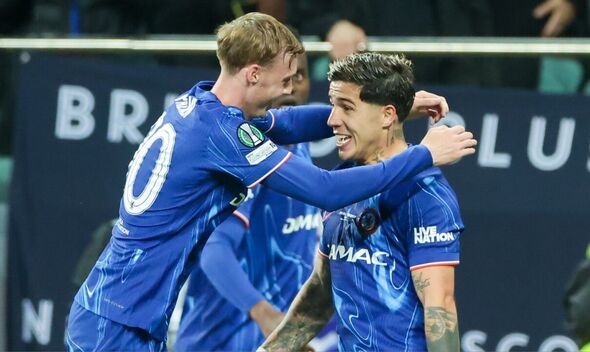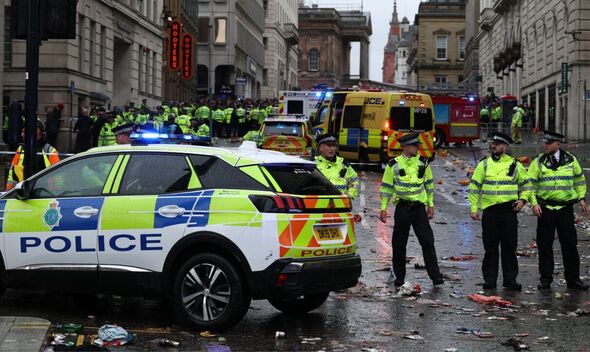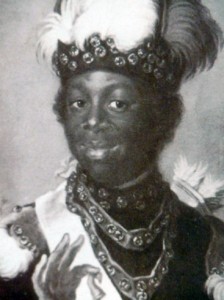Nebraska senior intramural soccer player Senad Topalovic doesn’t remember much.
He just knows he and his family had to escape the 1992-1995 genocide in Bosnia-Herzegovina that resulted in more than 100,000 deaths.
As refugees, Senad and his family moved to Cologne, Germany, with the help of his uncle.
“(My uncle) is the most selfless man I know,” Senad said.
In Germany, Senad lived with his brother and parents in an apartment complex that housed hundreds of refugee families, many from Bosnia. They lived in a two-room apartment. One room was a kitchen and living room and the other was a bedroom.
“I don’t remember much about it,” Senad said, “but I do remember having to go to the end of the hall to use the public bathroom.”
Senad does remember playing soccer.
“In Cologne, we played in the cages,” he said. “It’s a lot different to the game you see kids growing up playing here.”
Many cities in Europe lack the space to have full-size pitches, but fenced-in outdoor courts provide a place to play.
It didn’t matter what surface the pitch was. Grass, blacktop, court or dirt – it was all fun for Senad.
After seven years of small living quarters and learning to play soccer, Senad moved with his family to the U.S.
Just four suitcases accompanied them in their move. One of the suitcases was lost on the trip.
“Starting over again was the biggest challenge,” Senad said.
Senad said leaving friends in Germany was hard, but the community wasn’t forgotten.
Now, in Lincoln, Senad and his family live in a house much bigger than their previous apartment. But no matter where in Lincoln they have lived, Senad has always had a Bosnian neighbor with kids his age.
“It was nice to have friends that were going through the same stages and who could speak my language,” Senad said.
Like his native language, Senad said his love for soccer wasn’t left behind in Europe.
He said he always played soccer after school in Lincoln. Even though he started to learn his third language at 8 years old, Senad said he didn’t have any problems communicating.
“At first I couldn’t speak English, so we communicated in the beautiful language of football,” he said.
But the accounting and German double major at the University of Nebraska-Lincoln is a quick learner.
The language and culture may have changed, but the sport remained the same.
“I started by playing Spirit Soccer at the Y and then played for three years as part of a church team,” he said.
Although he said he still enjoys the game, he misses everyone else loving it as much as he did.
“I miss the European culture the most,” he said. “Soccer is more than a sport, it’s a culture and a way a life that can unite the whole country.”
Senad’s favorite player and his inspiration is Edin Džeko – a free-scoring Manchester City forward and fellow Bosnian.
Even though Senad didn’t make it to the top level, he said he still values the time he can spend playing the game.
He said he loves intramural and pick-up soccer whenever he has time to play. Similar to a lot of students who play, he likes the atmosphere of it.
“The fact that it’s purely for fun,” Senad said. “There is no pressure to perform. For the most part, people are pretty good about it, although there are always one or two teams who try too hard.”
Senad said he’d rather play pick-up and intramural soccer.
It isn’t totally organized. But it’s all about the spirit of the game, he said.
Senad goes back to Bosnia every few years during the summer to spend time with family members who still live there and to Germany, as well, to see his uncle.
“When I go back, it’s a mixture of emotions,” Senad said. “I am sad to see the country is still in bad shape. Houses are still ridden with bullet holes and houses lay abandoned, but I’m optimistic about the country’s future.”
Bosnia made its first World Cup appearance this past summer in Brazil but didn’t advance past the group stage.
Senad said the country is beginning to move forward from the past.
“I don’t expect everyone to know about the atrocities committed only 20 years ago, but I do hope that more people would be educated about what happened,” he said. “It’s hard to care about what happens on the other side of the world when we don’t know about it.”
sports@
dailynebraskan.com





